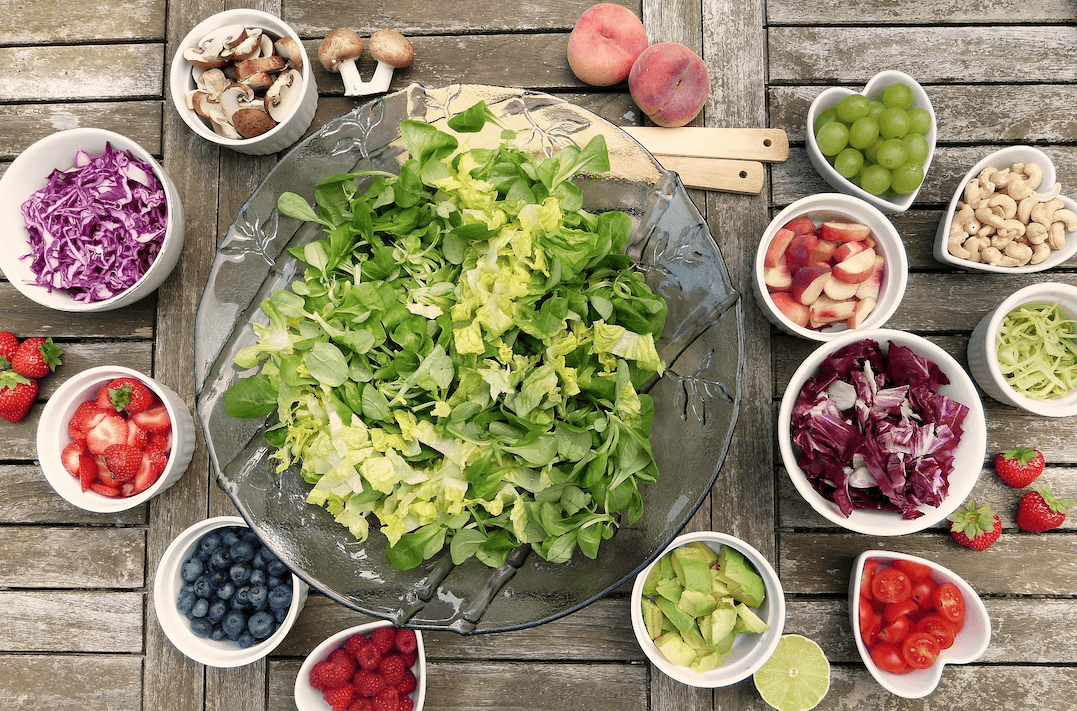Also known as Sara’s diet, the lutein-free diet is one of several diets, which are suggested to be beneficial for people with autism and autistic spectrum disorders.
Origins
This diet is based on the research done by Sandra Desorgher, a nutritionist and psychologist.
Sara’s story
Sandra Desorgher adopted a five-year-old daughter named Sara, who was blind, autistic, epileptic and who had been abused prior to the adoption. Desorgher began to search for ways to help Sara and began to explore diet as a mechanism for change. Sandra herself had found that she had some allergies to certain foods and that Sara evidenced strong reactions to these food types. By eliminating these foods, she saw Sara blossom and begin to live a thriving existence.

The lutein-free diet calls for eliminating leafy green vegetables high in lutein such as kale and spinach and replacing them with cabbage, lettuce, blueberries and other lutein-free alternatives. This diet also suggests that individuals eliminate artificial sweeteners from their diets along with artificial food colourings. Sara’s diet is also soy-free and gluten and casein restricted.
Research & Conclusion
There are no research studies detailing the effectiveness of this diet, but there are ample testimonials from many parents who feel their children have benefited enormously from this type of diet. According to Sandra Desorgher’s research, this diet improves the conditions of 80% of patients who adhere to it, and eliminates the symptoms of autism in 10% of participants. If careful attention is paid to ensuring it is nutritionally balanced, nutritionists have no issues with parents experimenting with this diet to see if it will improve their child’s condition.











